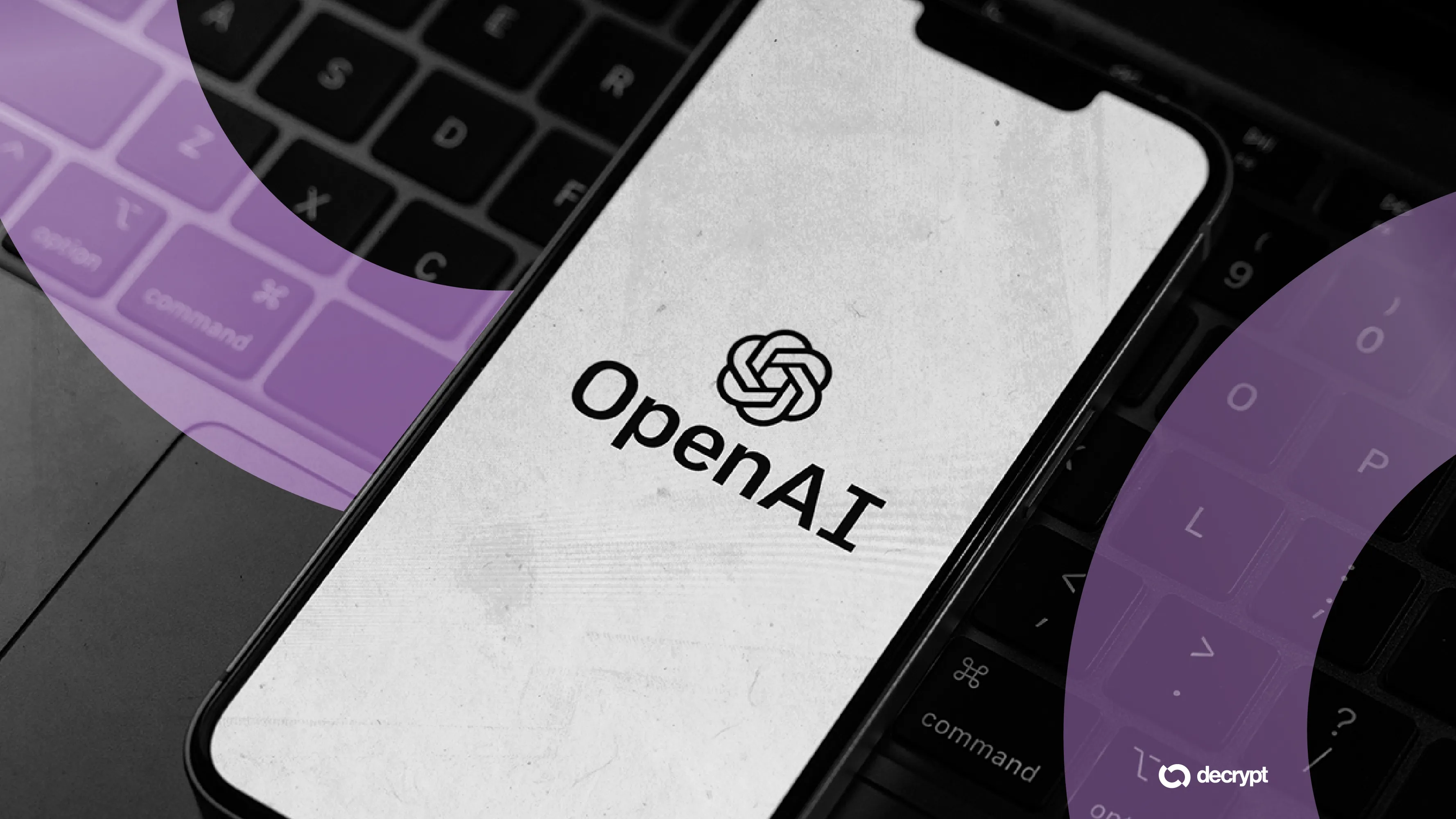In brief
- The Model Behavior division, led by Joanne Jang, introduced a framework to quantify and reduce political bias in large language models.
- GPT-5 Instant and GPT-5 Thinking displayed 30% less bias than earlier versions when tested against 500 politically charged prompts.
- The findings underscore OpenAI’s attempt to counter perceptions that AI systems lean politically or culturally in one direction.
OpenAI says its newest ChatGPT models display markedly less political bias than previous versions, as the company expands efforts to make artificial intelligence systems appear more balanced in tone and reasoning.
The San Francisco-based firm released findings Thursday from its Model Behavior division, led by Joanne Jang, which studies how user prompts and model alignment shape ChatGPT’s responses.
Last month, Jang spun up a research-driven group, dubbed OAI Labs, focused on "inventing and prototyping new interfaces for how people collaborate with AI."
In its research, the team aimed to translate a subjective issue into quantifiable metrics that can guide model design.
The findings underscore OpenAI’s attempt to counter perceptions that AI systems lean politically or culturally in one direction.
Researcher Natalie Staudacher detailed the results publicly, describing the work as OpenAI’s most comprehensive attempt yet to define, measure, and mitigate political bias in large language models.
The evaluation tested model responses to 500 prompts ranging from neutral to emotionally charged, mirroring how users frame political questions in real-world settings.
The release follows OpenAI’s annual developer conference earlier this week, where CEO Sam Altman unveiled new tools that turn ChatGPT into an application platform for developers.
While that announcement focused on expanding the model’s capabilities, Thursday’s research centers on how those capabilities behave, particularly around neutrality, tone, and user trust.
OpenAI said its latest GPT-5 Instant and GPT-5 Thinking models showed 30% less measurable bias than GPT-4o and o3, especially when addressing contentious or partisan topics.
“ChatGPT shouldn’t have political bias in any direction,” Staudacher wrote on X, calling the project her most “meaningful” contribution at OpenAI.
Staudacher said political bias appeared only rarely and with “low severity,” even under stress tests that deliberately sought to provoke slanted or emotional language.
“Millions of people come to ChatGPT to understand the world around them and form their own perspectives,” Staudacher wrote. “By defining what bias means, we hope to make our approach clearer, hold ourselves accountable, and help others by building on shared definitions.”

